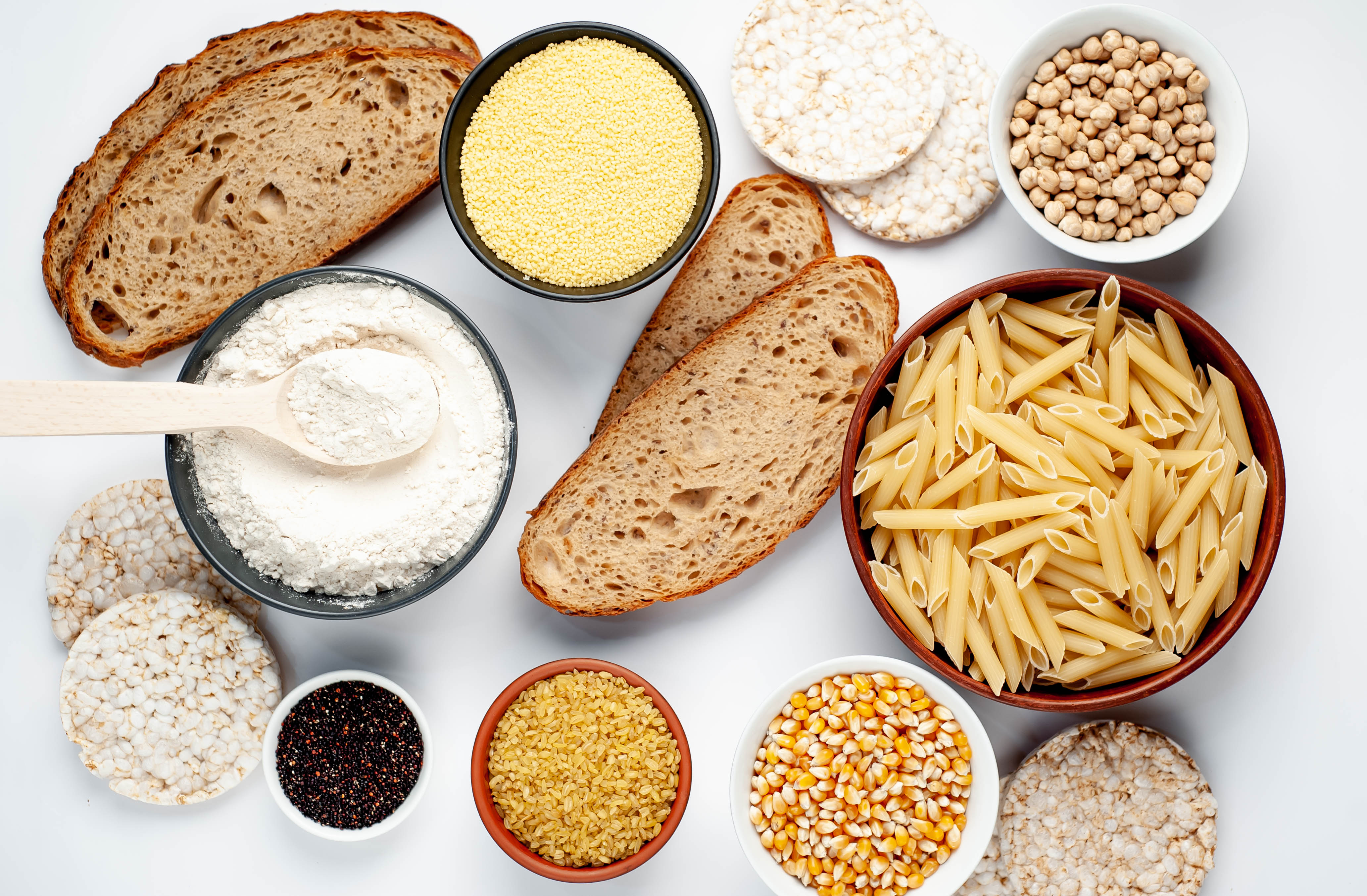What is insulin resistance?

What is Insulin Resistance?
Insulin resistance is a term you may have heard in conversations about health, weight, or diabetes—but what does it actually mean? At its core, insulin resistance describes a condition where your body’s cells stop responding properly to insulin, the hormone responsible for helping glucose (sugar) move from your bloodstream into your cells for energy. Think of insulin as a key and your cells as locks. In a healthy system, insulin easily opens the locks, letting glucose in. But with insulin resistance, the locks become “rusty,” and the key doesn’t work as well. As a result, sugar stays in the blood instead of being efficiently used by the cells.
Why Does Insulin Resistance Happen?
The development of insulin resistance is often linked to lifestyle and genetic factors. Carrying excess weight, especially around the waistline, plays a big role. Physical inactivity, high-stress levels, poor sleep, and diets high in refined carbohydrates and processed foods can all contribute to this “rusting of the locks.” However, it’s not just about lifestyle—some people are genetically predisposed, meaning their bodies are more sensitive to these triggers.
When the cells resist insulin’s signals, the pancreas tries to compensate by producing more insulin. For a while, this can keep blood sugar levels in check, but over time the pancreas struggles to keep up. This can eventually lead to prediabetes, type 2 diabetes, and a host of other health issues.
The Hidden Impact of Insulin Resistance
One of the most concerning aspects of insulin resistance is how quietly it develops. Many people live with it for years without realizing it, because symptoms can be subtle at first. Common early signs include fatigue, difficulty losing weight, constant sugar cravings, and even brain fog. Over time, if not addressed, insulin resistance can lead to more serious conditions such as high blood pressure, heart disease, fatty liver disease, and polycystic ovary syndrome (PCOS).
Because of these wide-reaching effects, insulin resistance is sometimes described as the underlying driver of many modern chronic diseases.
Can Insulin Resistance Be Reversed?
The good news is yes—insulin resistance is not a permanent condition. Lifestyle changes can dramatically improve the way your body responds to insulin. Regular physical activity is one of the most powerful tools, as exercise helps cells become more sensitive to insulin. A diet focused on whole, nutrient-dense foods—such as vegetables, lean proteins, healthy fats, and high-fiber carbohydrates—can reduce blood sugar spikes and support insulin health. Managing stress, improving sleep quality, and maintaining a healthy body weight also play crucial roles.
Even modest improvements can have a big impact. Studies show that losing just 5–10% of body weight can significantly improve insulin sensitivity. It’s not about perfection—it’s about consistent, sustainable changes.
Why It Matters
Understanding insulin resistance is the first step in taking control of your metabolic health. By recognizing the signs early and making positive lifestyle shifts, you can prevent the progression to more serious conditions and, in many cases, even reverse insulin resistance. It’s not just about avoiding disease—it’s about boosting energy, mental clarity, and long-term vitality.

TIP: Book ho to loose something, check price at Amazon.com or Temu.com
Why It Matters
Understanding insulin resistance is the first step in taking control of your metabolic health. By recognizing the signs early and making positive lifestyle shifts, you can prevent the progression to more serious conditions and, in many cases, even reverse insulin resistance. It’s not just about avoiding disease—it’s about boosting energy, mental clarity, and long-term vitality.
Subscribe by email
You May Also Like
These Related Stories

What causes insulin resistance?

What is The Difference between Insulin Resistance and Diabetes?
